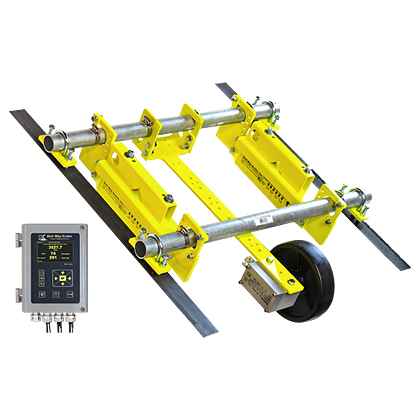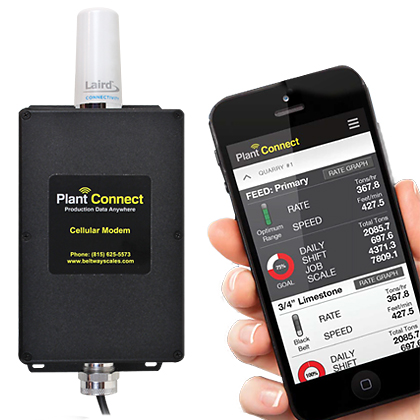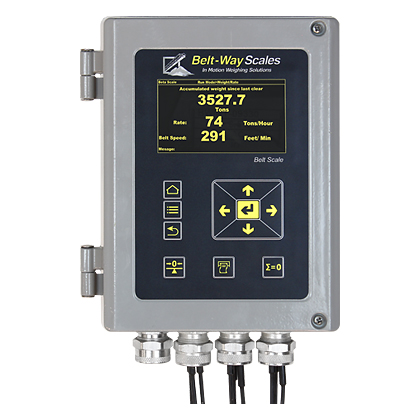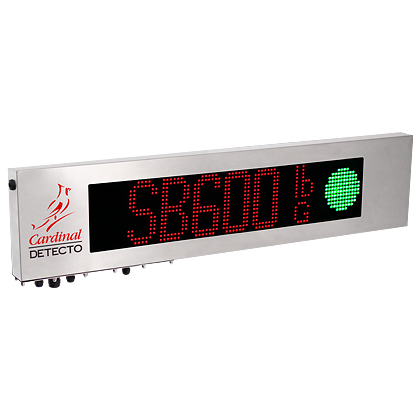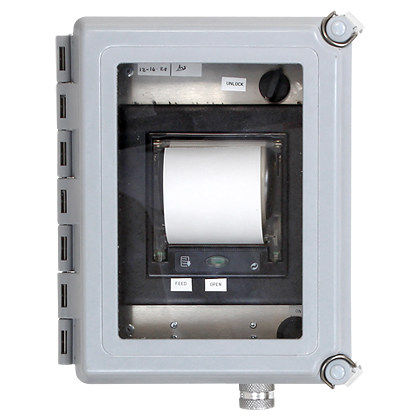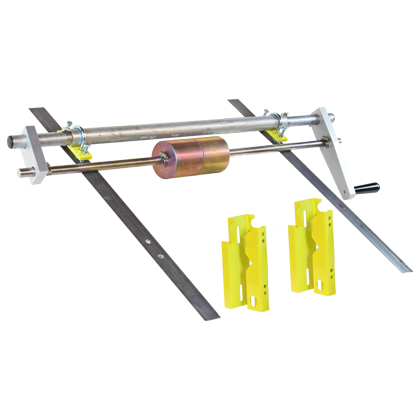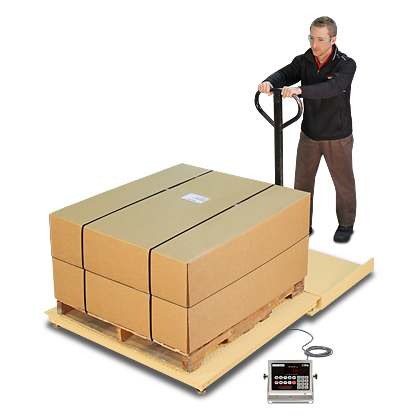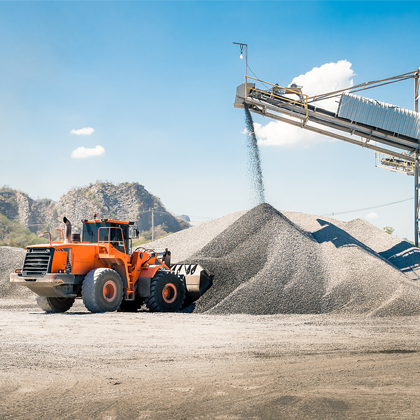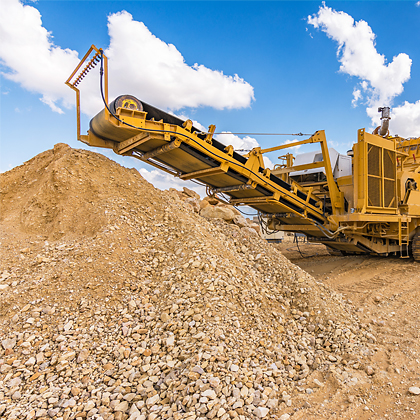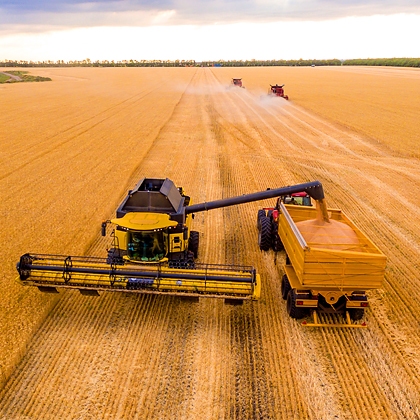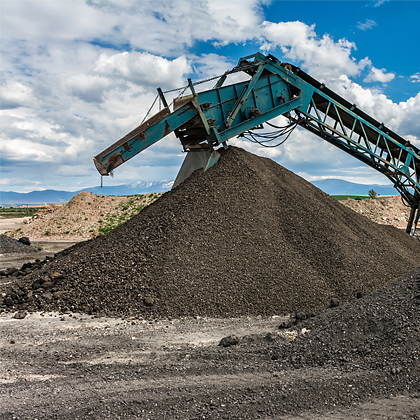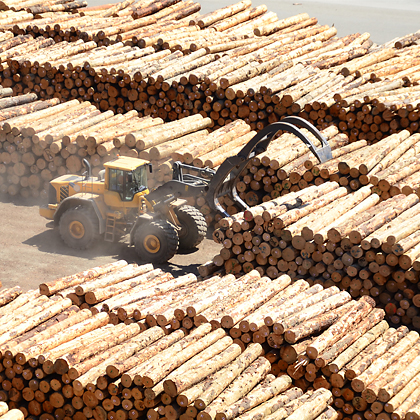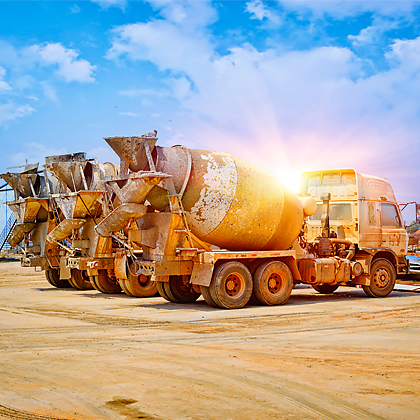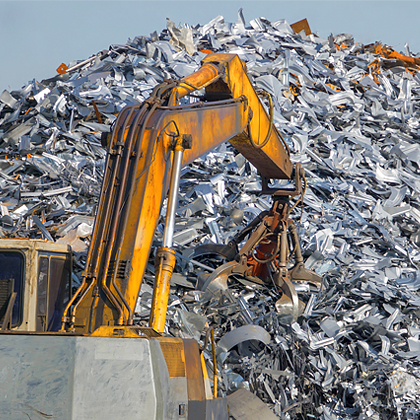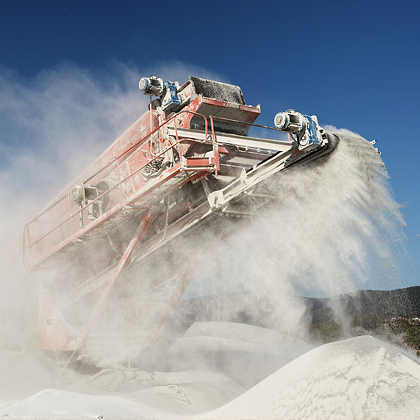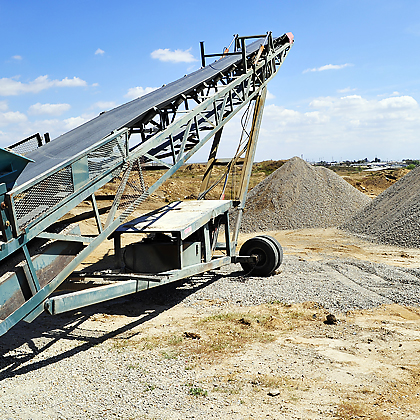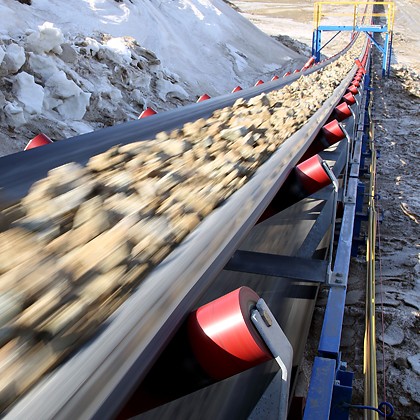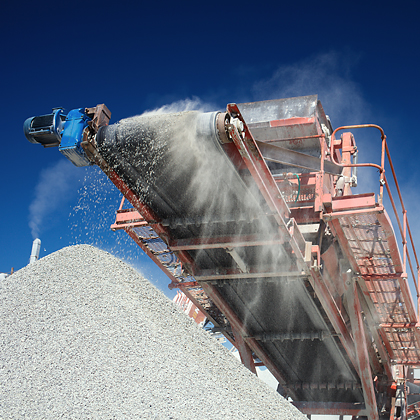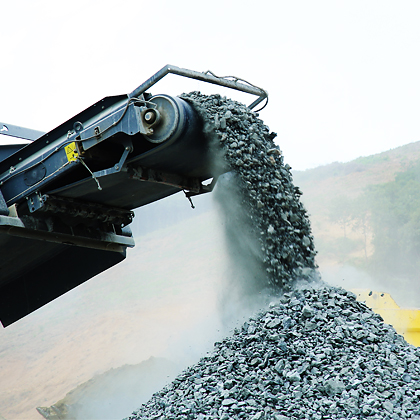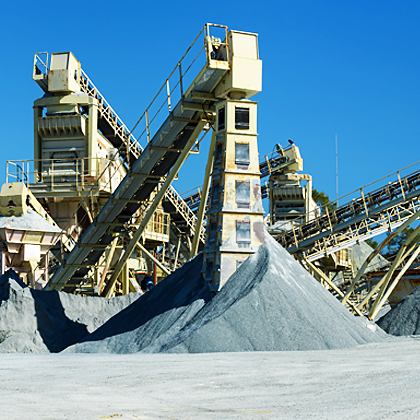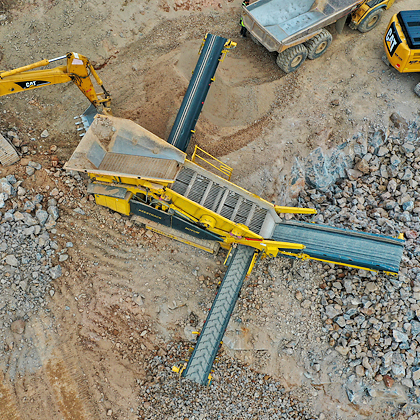Cardinal Scale is best known for truck, track, and livestock scales and Detecto is well-known for healthcare and foodservice scales. Over the years, conveyor belt scales were a commonly-requested scale type that Cardinal Scale couldn’t satisfy, but now can in a remarkable way with the acquisition of Belt-way Scales three years ago.
Belt-way Scales, which manufactures belt scales, integrators, and Plant Connect software used in many industries including mining and raw material production, is now fully integrated into Cardinal Scale operations, customer support, and production.
Most scales provide a single weight reading for a static item, but for belt scales, such as those manufactured by Cardinal’s Belt-Way brand, things are a lot more complicated.
“Belt scales are dynamic scales,” says Operations Manager Ron Vocelka, who oversees the department. “They weigh something that is moving, so we also have to factor in the speed that the product is moving, and we also have to know at what angle the conveyor belt is.”
This requires load cells to weigh the force of the material, speed sensors to determine how fast the belt is moving, and angle sensors to record the angle of the conveyor belt. For stationary conveyor belts the angle doesn’t change, but on mobile equipment, the angle may change frequently, says Ron.
All that data is fed into Belt-Way’s Integrator control box to calculate the accumulated weight data a business owner needs. “The integrator needs to be smart enough to make the required calculations,” says Ron. “Often, we’re looking at tons per hour as we figure out just how much material is going past this point. Sometimes it’s a conveyor belt pulling material up and out of a quarry, and sometimes it is moving material from a pile to a truck.”
Industries where belt scales are commonly found include aggregate and mining operations, asphalt and concrete plants, agricultural facilities, steel manufacturing, recycling plants, and many others.
“Belt scales are useful anywhere they’d need to know how much material they are moving,” says Ron.
Unique to Belt-Way is the company’s Plant Connect software, which makes production data available anywhere, including on mobile phones and computers, where production status and a variety of graphs can be viewed to help businesses monitor production in real time, improve performance and reduce downtime. “Plant Connect provides all that good information that managers like to have,” says Ron.
Belt-Way got its start in Rock Falls, Illinois in 1992, and was purchased by Cardinal Scale in the fall of 2020. All aspects of production were moved to Webb City by January of 2022 and it is now run under Cardinal Scale’s ISO quality system and organizational structure. Since the acquisition, Belt-way has become more independent, doing more production in-house, through Cardinal Scale’s varied and vertically-integrated manufacturing capabilities.
“We do more machining of our own now, and more painting,” says Ron. “And we are making all the circuit boards here, too. We do our own customer service here and our own tech support. And we have three employees doing assembly in production.”
Senior Product Support Engineer Tim Maloy, who has been with Belt-Way for 25 years, says it’s all about customer service and the relationships you build in business. “Our customers know they can count on us,” says Tim. “If they call me today, we can ship tomorrow, and they know that when they do call us we have a real person on the phone who can help them with anything, including installation and calibration.
Kaz Escamilla-McDonald, who leads Belt-Way’s customer service, agrees that building relationships is key. “We don’t just give them the basics,” says Kaz. “We try to go above and beyond. We try to get them the information they need quickly and provide options when we can.”
Product Support Technician –and veteran Cardinal Scale employee— Mitch Griffith says those busy environments the scales are used in present a unique challenge when providing customer support. “When you’re on the phone with customers, trying to help them, it’s always noisy and the phones on their end are cutting out,” says Mitch. “They are trying to do things on the fly, because they don’t want to shut down production.”
Tim says the merger with Cardinal Scale has also helped by giving the company access to Cardinal’s global network of scale dealers and filling in some coverage gaps in certain territories. “We used to have a lot of open areas, but now we have a lot more dealers available across the entire country to help take care of our customers,” says Tim.
Thanks to Belt-Way’s ease of installation and reputation for durability, the company’s products are in high demand, says Ron. “We have a great network of dealers, and we also sell around the world, in Ireland, Poland, Italy, New Zealand, the Caribbean, South America, Vietnam and even Mongolia,” says Ron.
Belt-Way is also an OEM manufacturer, selling parts and components for use in conveyor systems at other companies, which proudly specify that they use Belt-Way technology in their products. Belt-Way is also manufacturing private label belt scales and integrators for other scale manufacturers.
Ron says he expects Cardinal’s Belt-Way division to grow, especially as businesses see the value of the critical data provided by the Plant Connect software solution.
“More and more people want to see data, and that will get even more valuable as the application grows and becomes more diverse and provides more data,” says Ron. He also says the synergy of one business building both truck scales and belt scales has significant advantages too. “A lot of businesses, like quarries, need truck scales as well as belt scales,” says Ron. “Cardinal gives us a larger network with their vast array of dealers. There is a lot of room for growth.”




